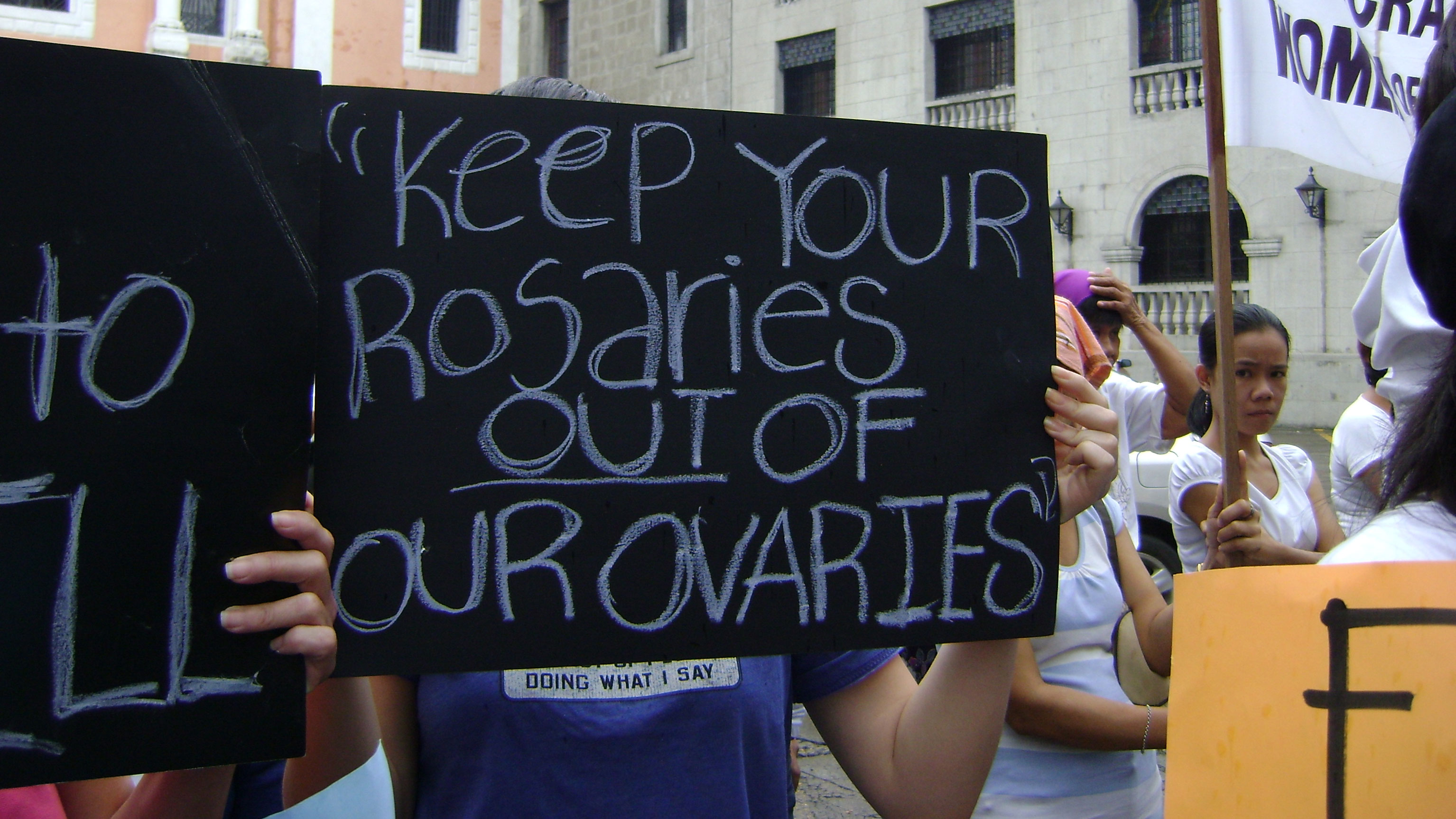The Reproductive Health (RH) bill is set to be presented before the Congressional Committee of Population and Family Relations on 24 November. This is the fifth legislative attempt since 1998 to enact such a law.
The bill, which proposes national funding for, and access to, reproductive healthcare services and products like birth control pills and condoms, has stalled in legislative debate for close to 15 years.
The Catholic Church, which holds sway over at least 80 percent of the population identified as Catholic, remains strongly opposed to the bill, considering all modern forms of contraception abortifacients.
Population growth
But bill supporters say the country’s population growth can no longer be ignored: “The Philippine population is growing at a much faster rate than can be sustained by the government or the country’s resources,” congressman Edcel Lagman, a principal author of the RH bill, told IRIN.
“We are the only country in Southeast Asia with no national reproductive health bill in place.”
According to the University of the Philippines, the Philippines has the highest fertility rate in Southeast Asia at 3.3 percent, followed by Cambodia 3 percent, Malaysia 2.5 percent, and Vietnam 2.1 percent.
The Philippines also has the highest population growth rate at 2 percent and is the second most populous country in the region - behind Indonesia - with 92 million people.
The Catholic Church dismisses population growth as grounds for a new law: “The population is not a problem. We are of the firm conviction that there is no need to legislate a national law on birth control. What the poor people need [from the government] is not contraception, but employment and economic opportunities,” said Melvin Castro, executive secretary of the Family and Life Commission of the Catholic Bishops Conference of the Philippines (CBCP), the official organization of the Catholic hierarchy.
| Reproductive health controversy |
According to the government’s National Statistical Coordination Board, 32.9 percent - almost 30 million Filipinos - live on less than a dollar a day.
In Church homilies, priests have called legislators like Zubiri, Lagman and other reproductive health supporters “immoral” and “lacking in conscience”.
In response, a group of campaigners, led by the NGO Filipino Freethinkers, which promotes secularism, is hosting an “ex-communication party” on 26 November.
“The CBCP threatens to ex-communicate politicians who support the RH bill. They [pro-RH legislators] are willing to risk being excommunicated from the church; so are we," said the group’s president, Ryan Tani, adding: “We are tired of the political and religious bullying of the Catholic Church.”
as/pt/cb
This article was produced by IRIN News while it was part of the United Nations Office for the Coordination of Humanitarian Affairs. Please send queries on copyright or liability to the UN. For more information: https://shop.un.org/rights-permissions





